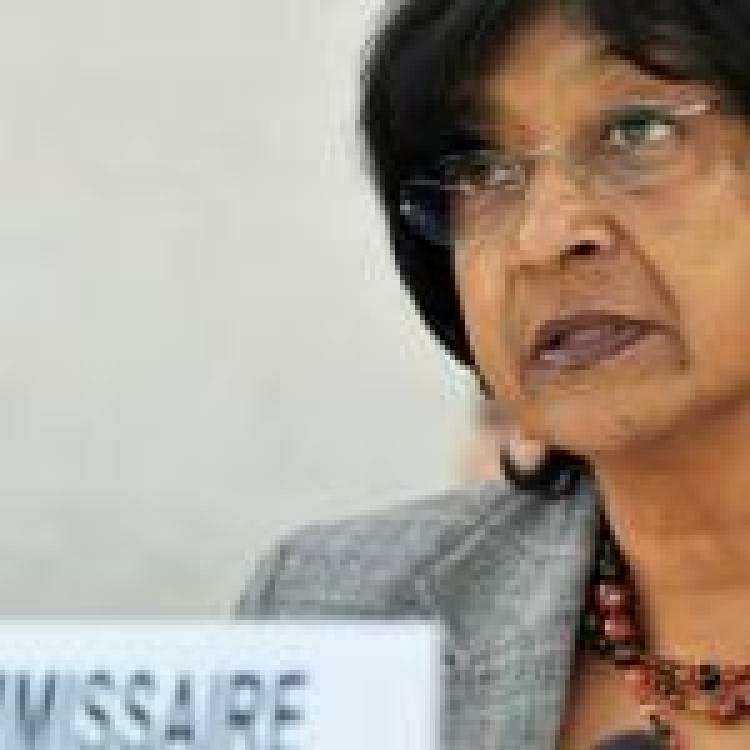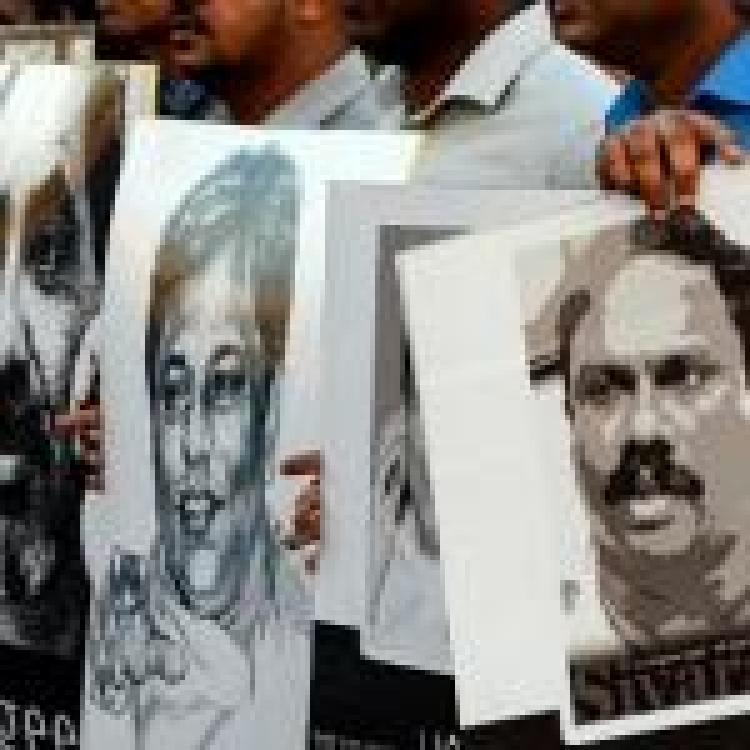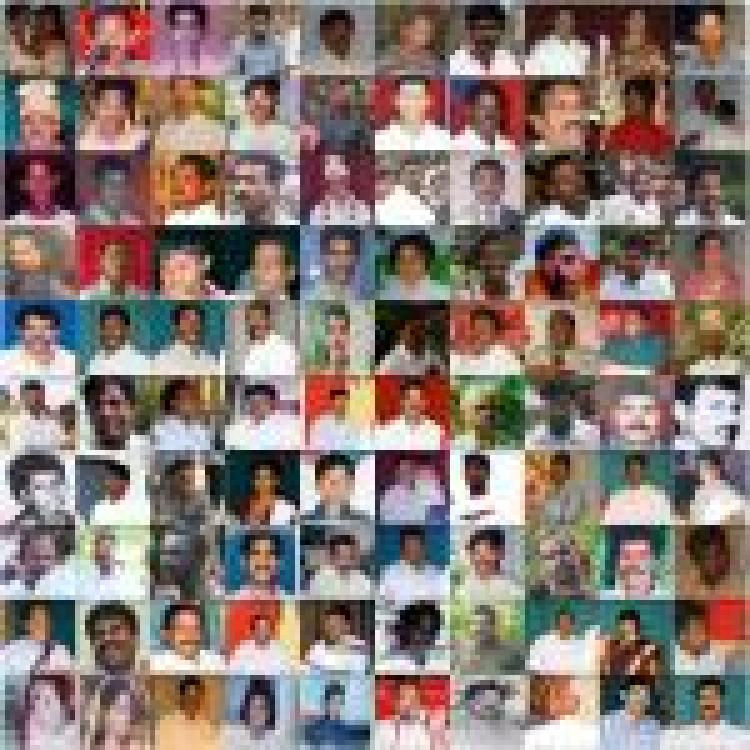![]()
The office of Sri Lanka's President has slammed a recent statement by former US Ambassador-at-Large for War Crimes, Stephen Rapp, which revealed that Rajapaksa had admitted to the killing of LTTE leaders, during an offensive that saw the massacre of tens of thousands of Tamils.
See the clip of Rapp speaking and the full video of the webinar below.
In his rebuke, the office's statement attacked the former Ambassador’s record claiming that allegations were part of a “campaign to discredit Sri Lanka” and were akin to claims of WMDs which had led to the US-British invasion of Iraq. Rajapaksa’s claims come as there is mounting pressure from Tamil civil society representatives and leading human rights organisations for Sri Lankan officials to be sanctioned and for the country to be referred to the international criminal court.
This also follows a damning report by the UN Human Rights High Commissioner, Michelle Bachelet, who highlighted both Sri Lanka’s long-running “inability and unwillingness” to advance accountability as well as the “deteriorating human rights situation”. Supporting calls for sanctions and for Sri Lanka to be referred to the ICC, she warns that if action is not taken, there was “heightened risk of future violations”.
Her statement was also supported by former UN High Commissioner, Navi Pillay, who maintained that the Human Rights Council must make “drastic departure from its customary complacency”. She further highlighted Rajapaksa’s direct role in the conflict.
Rajapaksa “was the minister of defence and commander of the armed forces during the conflict and is named in various reports as the individual most responsible for mass violations during the final attack in 2009”.
Sri Lanka’s rebuke of Rapp’s statement also claimed that “human right campaigning is a lucrative industry where plenty of funds are disbursed among those groups and individuals following the Western agenda”.
The government further claimed that “the Army could have finished off the LTTE with less casualties of its own but suffered losses due to ground commanders taking the civilian factor into consideration”. This statement runs in contrast with reporting from the Public Interest Advocacy Centre which noted that in civilian areas “shelling in the final stages was so relentless it is almost impossible to differentiate one attack from the next”.
The true number of those who were executed by the Sri Lankan security forces during the Mullivaikkal massacres is still not known. Hundreds of people who surrendered to the military remain forcibly disappeared, including non-combatants, whole families with children and Christian clergy. A 2018 study estimated that over 500 Tamils were forcibly disappeared in just three days, after surrendering to the Sri Lankan army in May 2009.




